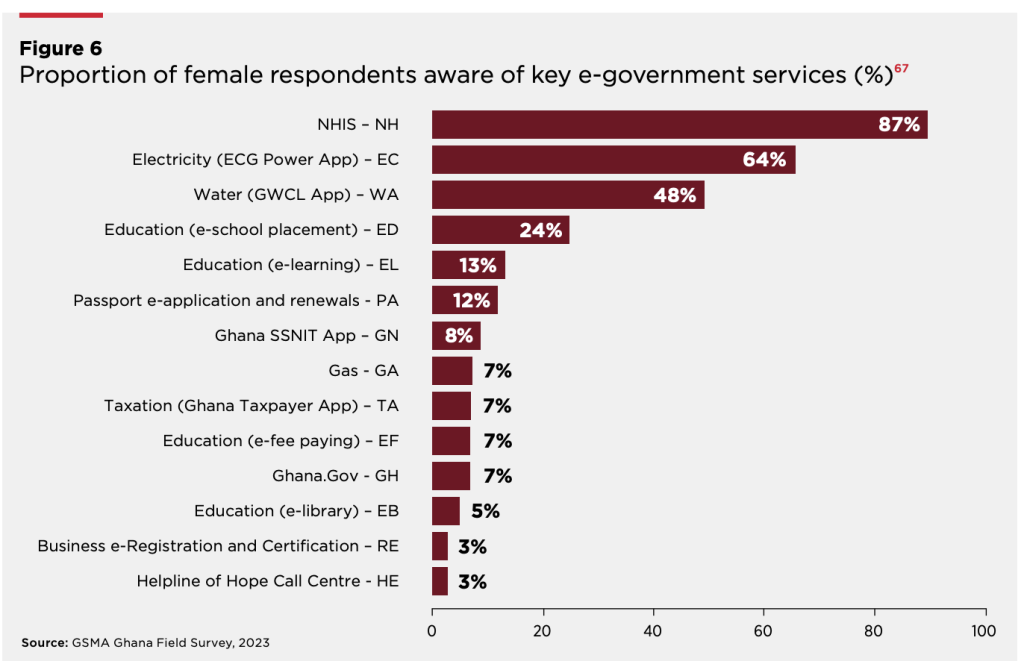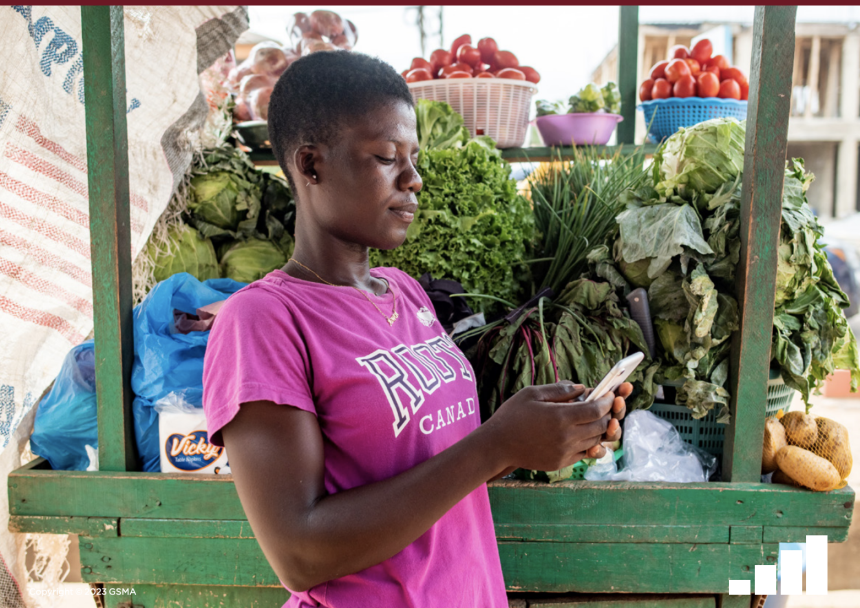GSMA, a global organisation unifying the mobile ecosystem, has put out a report on Ghana’s e-government service usage in Ghana.
The report found out that Ghanaian women are still less likely than men to own internet-enabled devices, use the internet, access government e-services, or make digital payments.
The report concluded that the gender gap poses a challenge to Ghana’s digital inclusion goals.
What They Found
The study revealed that women are less likely than men to use e-government services in Ghana, mainly due to lack of awareness, low digital skills, cost, and trust issues. The study also identified some key enablers and recommendations for closing the gender gap, such as:
- Increasing awareness and outreach campaigns on e-government services, targeting women and rural areas.
- Providing digital skills training and support for women, especially on how to access and use e-government services.
- Reducing the cost of accessing e-government services, such as by zero-rating data or providing subsidies for low-income users.
- Improving the quality and reliability of e-government services, as well as ensuring data privacy and security.
- Engaging women in the design and delivery of e-government services, to ensure they meet their needs and preferences.

Why It Matters
E-government services can improve the efficiency, transparency, and accountability of public administration, as well as enhance citizens’ access to information and participation in decision-making.
However, not all citizens benefit equally from these services, especially women who face multiple barriers such as low digital literacy, affordability, and social norms.
The Bottom Line
E-government services have the potential to enhance women’s empowerment and inclusion in Ghana, but only if they are accessible, affordable, relevant, and user-friendly for women.
Closing the gender gap in e-government service uptake and usage requires a holistic and gender-responsive approach that addresses the multiple barriers faced by women.
Catch up on news and other tidbits on our WhatsApp Community Page, Twitter/X, and subscribe to our weekly newsletter to ensure you don’t miss out on any news.










